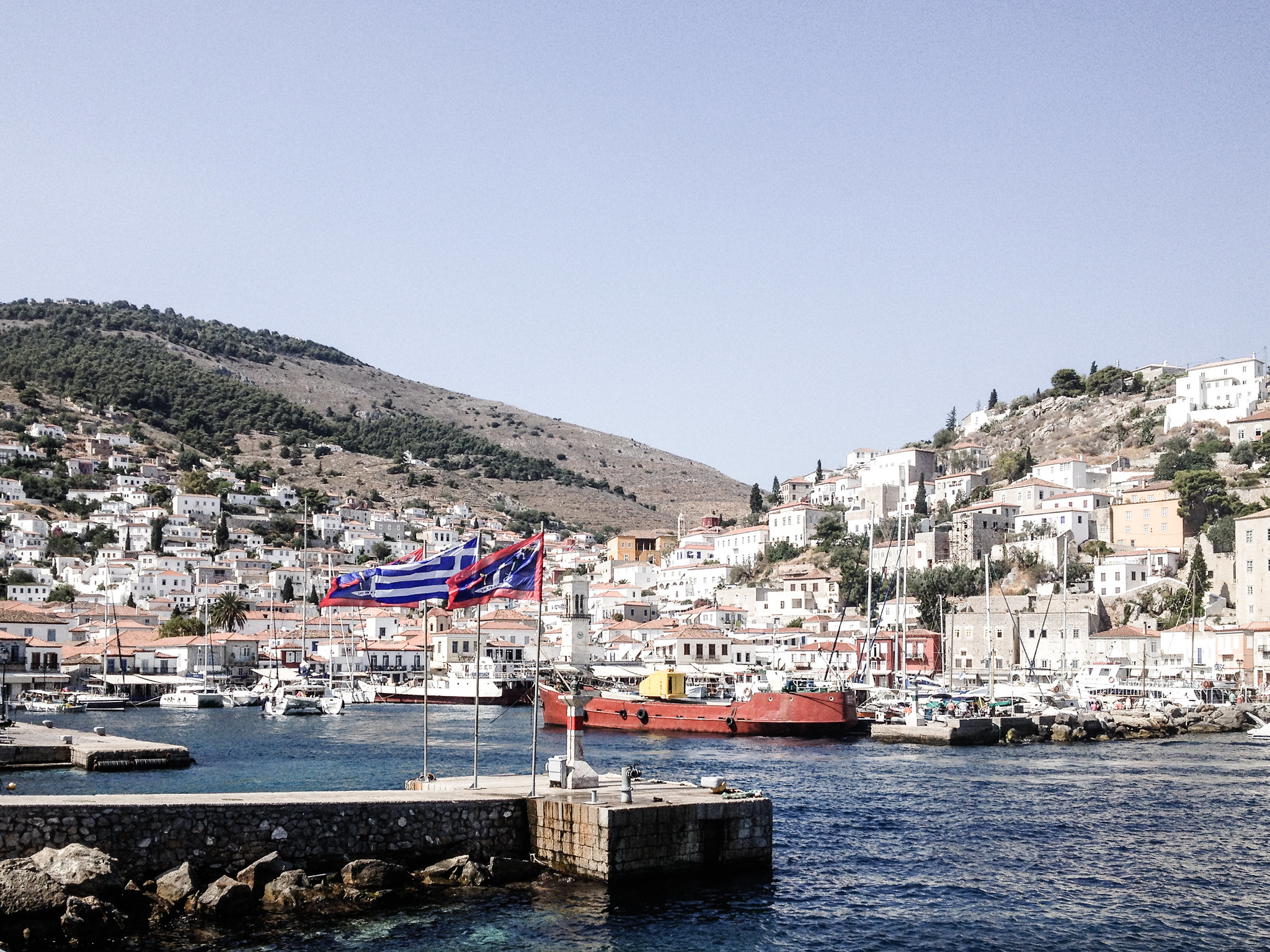According to different archeological findings in the location Episkopi of Hydra, researchers have concluded that the emigration to the island had actually started long before the Homeric duration, suggesting the after Neolithic time (3000 - 2600 B.C.). Hydra didn't manage, to the centuries that followed, to progress in a place socially and historically efficient in being.
Hydria, as Herodotus utilized to call the island of Hydra, around the 13th century, is becoming the place of Driops farmers, fishermen and shepherds, who used to live to the Parnassus and Oiti. 2 centuries later on, with the descent of Dorians, Driops are disappearing and so the life in the island.
During Archaic times, Hydra didn't need to provide anything of Historical value. The island was most likely under the command of the king of Mycenae, then it was bought from Hermions until 525 B.C and after that once again it was bought from political refugees from Samos to be offered hydra island to trizinians, who wanted the island for farming and forager.
A small number of Historians make references to Hydra. Amongst them are Herodotus, Ptolemaios the Geographer, Pausanias and the lexicographers, Stefanos the Byzantios and Isixios.
The only statement that we have for Hydra in Classic times is that of Stefanos the Byzantine, who refers to among the residents of the island by the name Euagis.
We do not have sufficient information for Hydra in Roman and Byzantine times. This fact gave the impression that the island was unoccupied, however archaeological findings in the place Episkopi show different.
It appears like that, because of pirate evasions from which the majority of the citizens left from the Island and others gone to the interior of it.
In the late 18th century and early 19th century, Hydra develops a great naval power with a business fleet of 150 ships.The brand-new functions that offered the Greek merchant navy the Russo-Turkish Treaty of Küçük Kaynarca (1774) together with the favor of the Ottoman administration, which relied much on seamanship of Hydra, who served in the Turkish fleet, the federal government guaranteed that the island had the greatest strength and therefore the economic and spiritual growing and put the skilful and determined George Voulgaris as deputy leader in the Turkish fleet.

Voulgaris was put by the Sultan as Commander and nazir (manager) of Hydra and for a long time for the islands of Poros and Spetses, in order to enforce the order. The prudent administration of Voulgaris and the Ottoman favor in his face, contributed to the elevation of Hydra island into a model of well-order place.
The period of the monetary health, of reducing piracy and the mystical order that followed throughout the time of George Voulgaris, gave the chance to Hydra to re-organize their society and at the very same time to become experienced sailors from the constant battles with the pirates.
Hydra, from at an early stage, was utilized as a marine station, therefore its part in maritime trade and interactions. Likewise the trade flourishes in the late 18th century and early 19th. Then Hydra made the most of the Anglo-French dispute and accumulated substantial profits by managing the maritime trade, breaking the blockade which was enforced by England in the ports of France, during the Napoleonic wars.
Voulgaris was put by the Sultan as Commander and nazir (supervisor) of Hydra and for a long time for the islands of Poros and Spetses, in order to enforce the order. The prudent administration of Voulgaris and the Ottoman favor in his face, contributed to the elevation of Hydra island into a model of well-order place.
The duration of the financial health, of reducing piracy and the esoteric order that followed throughout the time of George Voulgaris, provided the opportunity to Hydra to re-organize their society and at the very same time to end up being experienced sailors from the constant fights with the pirates.
Hydra, from early on, was used as a naval station, hence its part in maritime trade and communications. Likewise the trade flourishes in the late 18th century and early 19th. Then Hydra took advantage of the Anglo-French conflict and generated significant profits by controlling the maritime trade, breaking the blockade which was enforced by England in the ports of France, throughout the Napoleonic wars.

